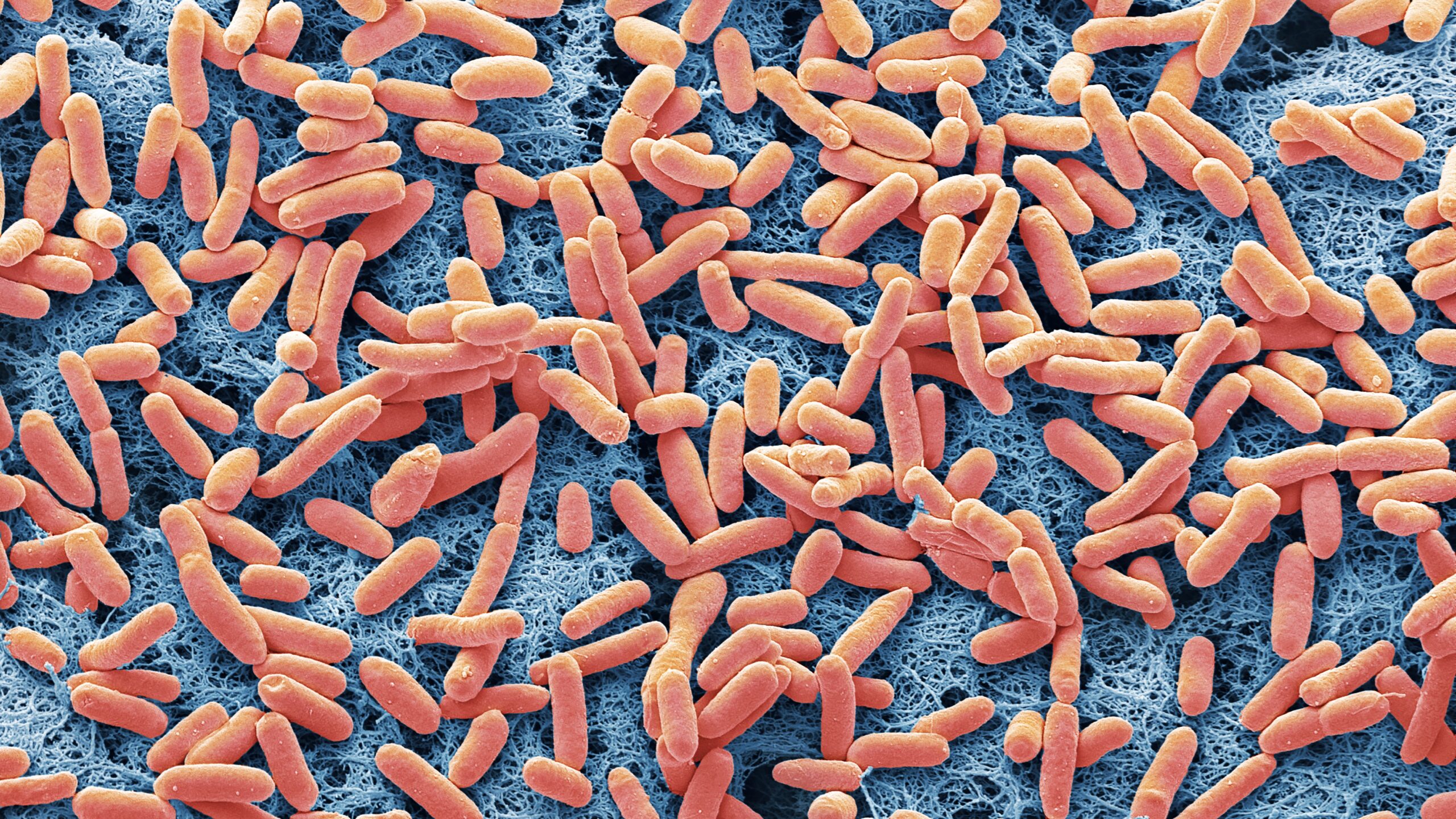
"The role of the single base pair mutation in this strain's colonization and survival on leafy vegetables could yield valuable insights."
"For now, it's unclear what that advantage might be. This could result in a shorter protein."
"Cutting back EspW may help E. coli sneak in-an adaptation in the ongoing arms race between the bacteria and its host."
"Ultimately, additional research will be needed to understand what's going on."
Researchers at the CDC identified a significant mutation in the EspW protein of E. coli strain REPEXH01, found predominantly in 729 isolates. Most of these strains exhibited a single nucleotide deletion, which may serve as a genetic signature. The mutation could result in less functional EspW, potentially aiding the bacteria's ability to survive on produce by evading plant immune responses. The implications of this mutation raise questions about its role in E. coli's journey to infect humans, suggesting further investigation is essential for understanding its effects on both plants and human health.
Read at Ars Technica
Unable to calculate read time
Collection
[
|
...
]